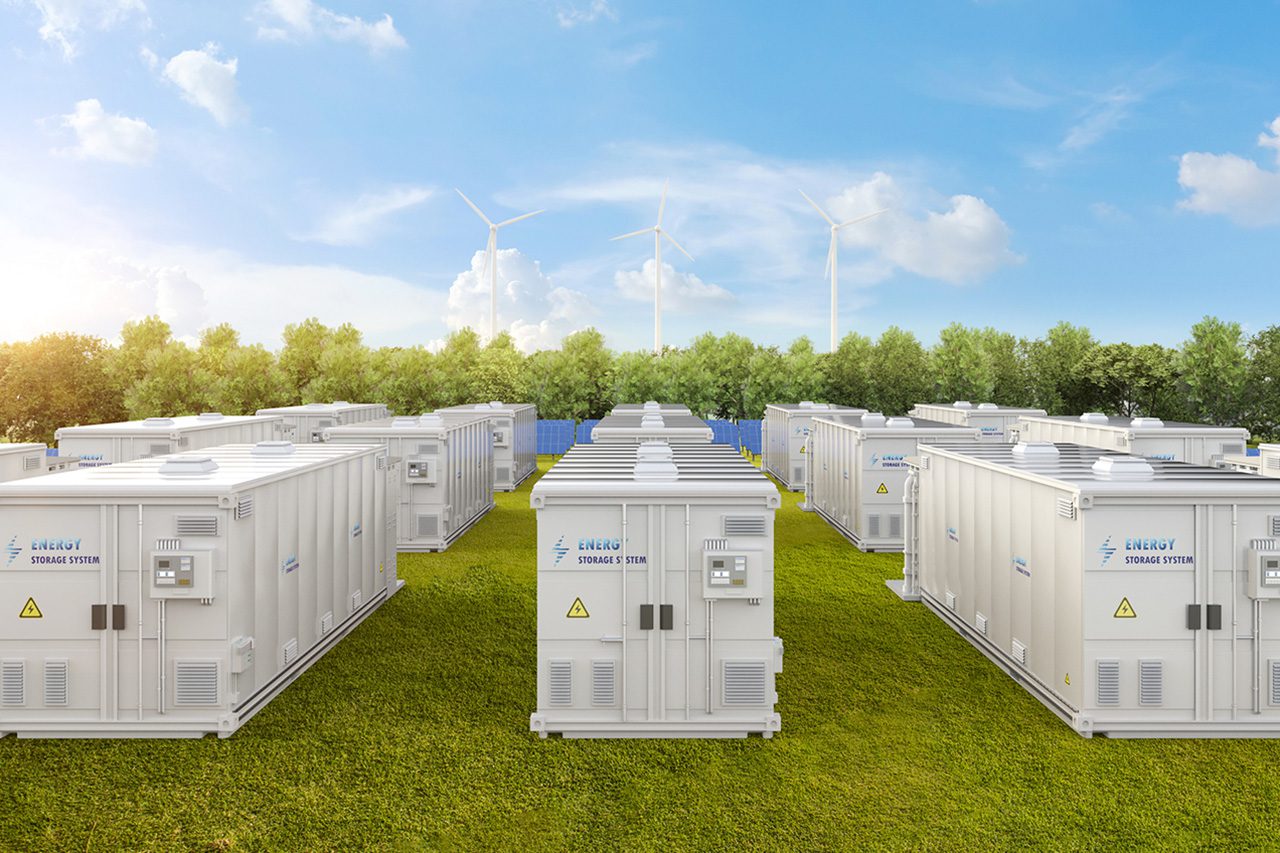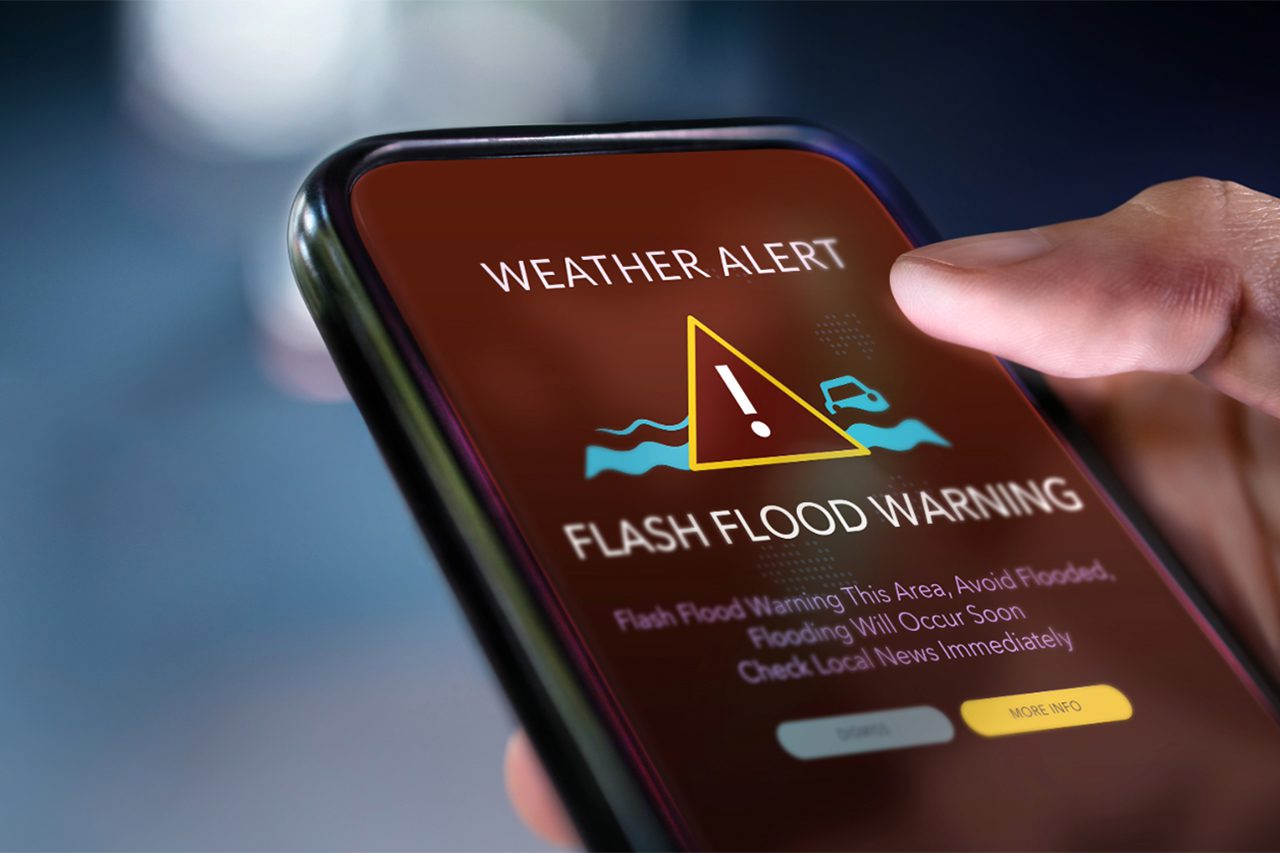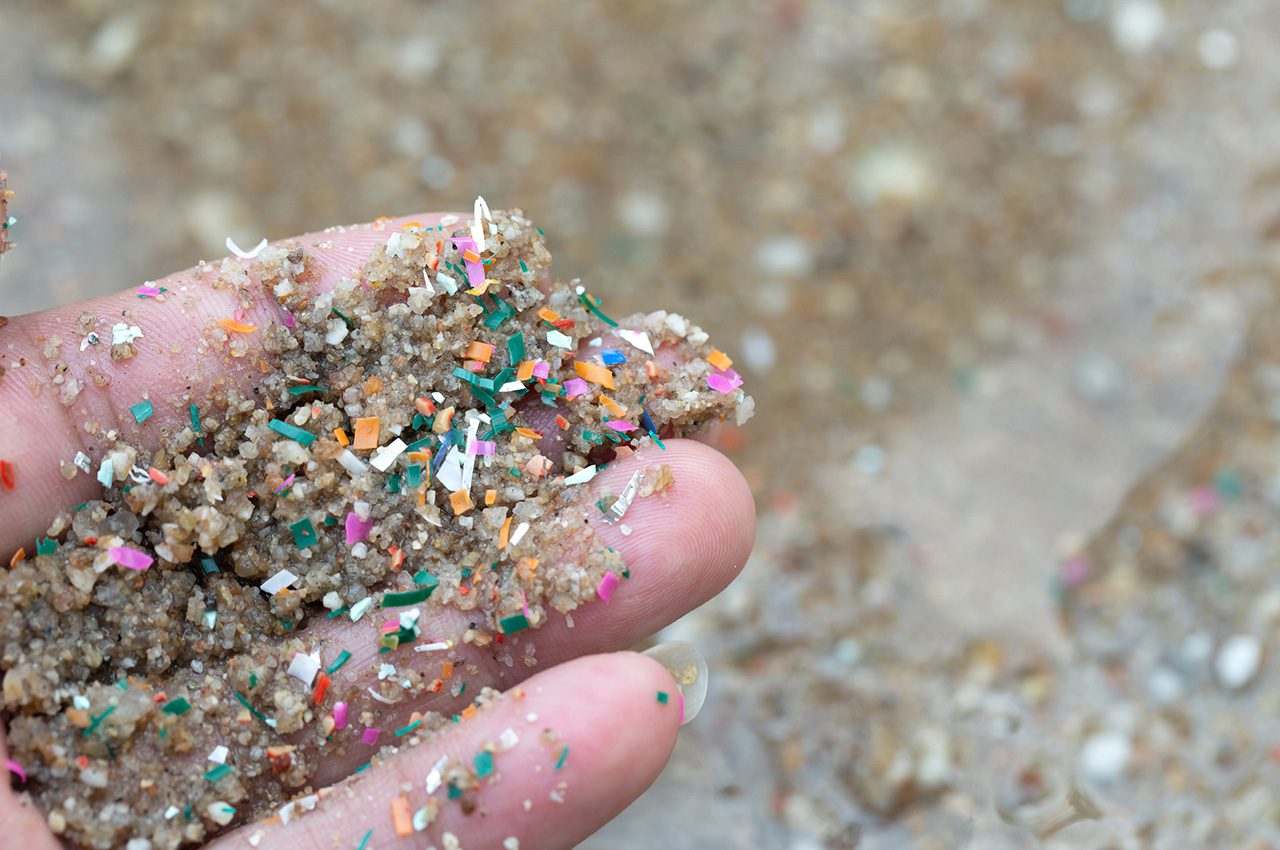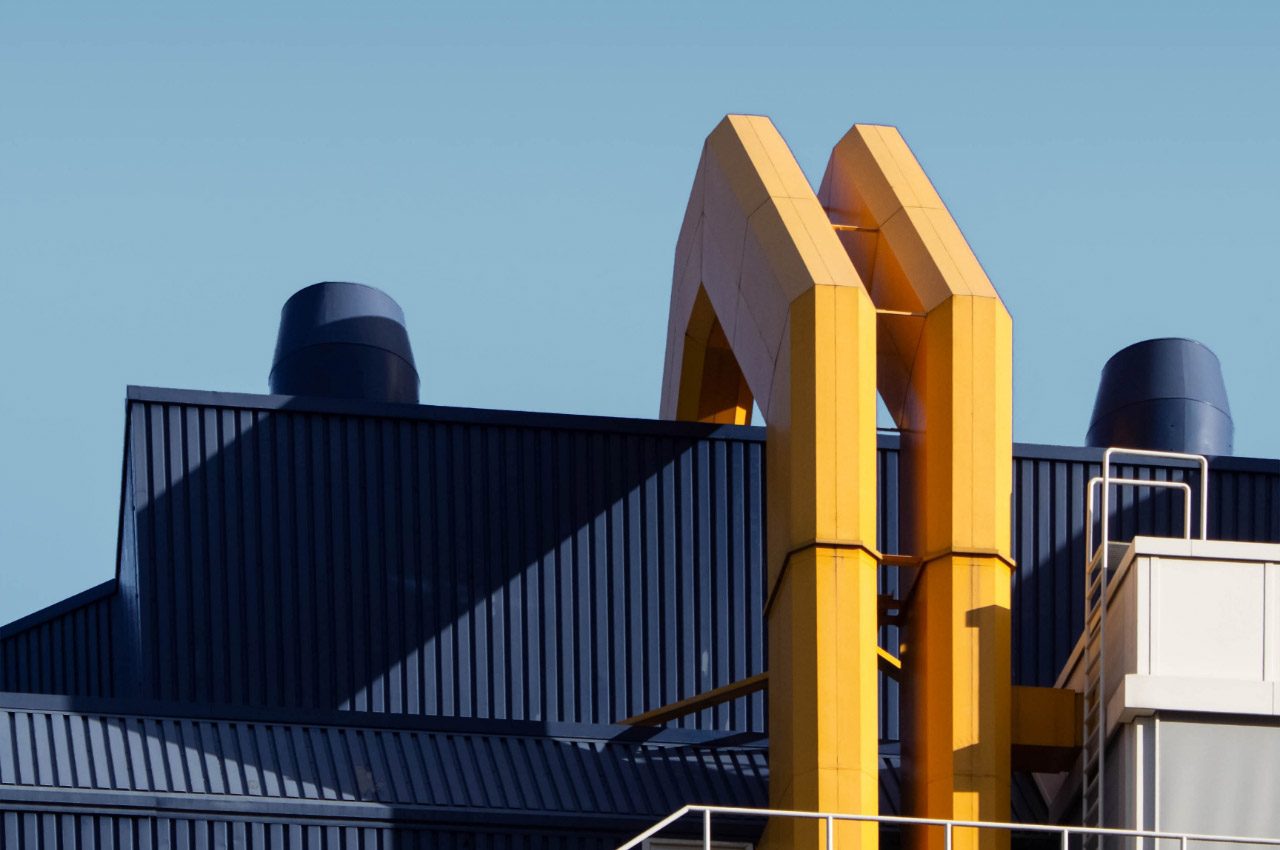
Biodegradable and Bio-based Plastics: Sustainable Alternatives to Traditional Plastics (2025 Guide)
Bio-based and biodegradable plastics promised to cut reliance on fossil feedstocks and reduce pollution at end of life. But their benefits hinge on polymer chemistry, application fit, and the infrastructure systems that collect and treat them - just as the EU’s PPWR raises the bar on recycled-content, recyclability and certain applications. Discover the latest biodegradable and bio-based plastics, EU regulations (PPWR 2025), and sustainable alternatives to traditional plastics in this article.

Energy Network Flexibility: Grid Infrastructure for 100% Renewable Power
At the end of July, the UK Government published a Clean Flexibility Roadmap outlining the path to a clean, flexible and consumer-focused electricity system. This roadmap builds on the Clean Power 2030 Action Plan which points to a two-to-three-fold increase in clean flexibility – reaching 51-66 GW by 2030- through a mix of battery projects, consumer-led demand shifting, interconnectors and long-duration storage. Delivering this scale of flexibility will require new storage technologies, consumer participation and increased investment into emerging energy markets. Many of the insights in this blog are informed by CLT associate Graham Oakes, who has over 35 years of experience in energy systems and innovation.

AI and Sustainability: Can Artificial Intelligence Deliver a Net Positive Environmental Impact?
Artificial intelligence is both a consumer of vast resources and a potential enabler of climate solutions. It is reshaping how we approach energy, industry, agriculture and research, while simultaneously driving demand for data centres. On balance, can it deliver a net positive impact on the environment?

Long-Duration Energy Storage and the UK’s Clean Energy Future
Long-duration energy storage (LDES) refers to technologies that can store electricity for 8 hours or more and release it when needed, helping to stablise the grid during renewables shortfalls.

How corporates can use technology to adapt to climate change
Climate adaptation is critical for business resilience. Learn how AI, early warning systems, innovative financing & nature-based solutions help corporates manage climate risks.

Turning CapEx into OpEx: How ‘Assets-as-a-Service’ Can Derisk Corporate Decarbonisation
Innovative business models are breaking down the risks of decarbonisation.

More Than Trash: The Carbon Cost of Plastic
Here we focus on plastic-related carbon emissions, noting that actions to reduce plastic consumption and enhance recycling yield dual benefits.

On the Cement Frontier: Mapping the Innovation Landscape Reshaping a 3-Billion-Tonne Commodity
Cement production is roughly 8% of global emissions, and the root causes are grounded in technical and economic complexities